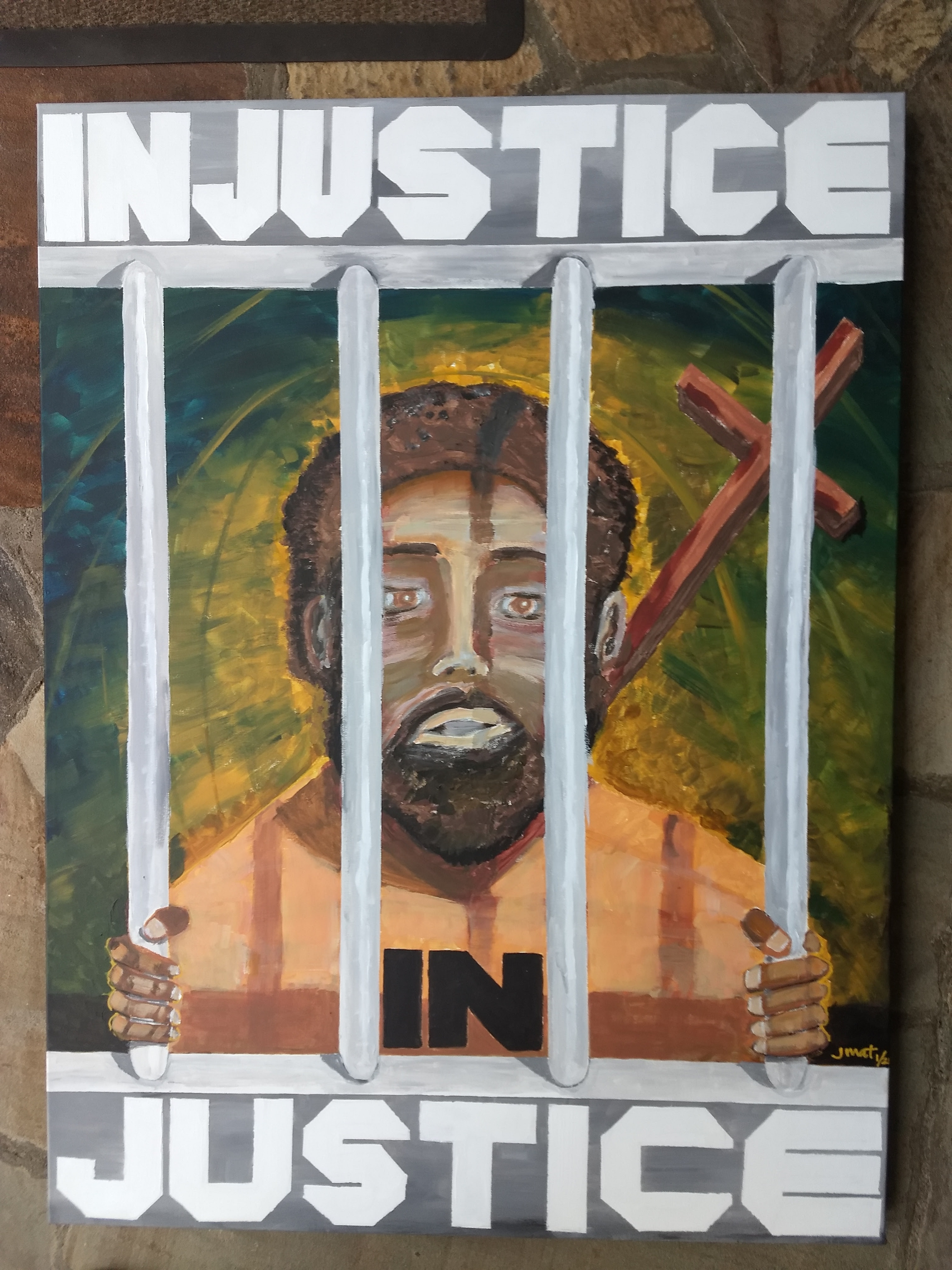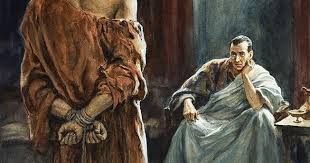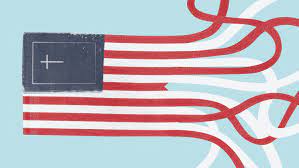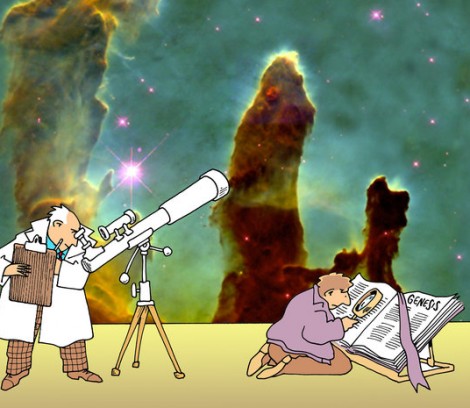The Fourth Sunday in Ordinary Time
Come out! …. He commands even the unclean spirits and they obey him.” Mk. 1:26-27
Mark was the inventor of a whole new literary genre that came to be called “Gospels.”
His initial story about Jesus of Nazareth was so groundbreaking that Matthew and Luke used Mark’s Gospel as an outline for their own sacred writings some 20 + years later.
To really appreciate what Mark was attempting to do, allow me to briefly describe what “Mark’s world” was like at the time he ventured into creating a whole new literary form.
Most people experienced the world Mark knew as being dark, brutal, and violent – unbelievably vicious. The earliest followers of Jesus in Rome, for example, experienced unspeakable ruthlessness and horrors under emperor Nero’s rule.
The root of these horrors lay in an enormous fire that burned one fourth of Rome. People were devastated. Countless numbers lost everything – their home, their jobs, their income, and, in many cases, their lives.
To justify the enormous damage, Nero, who reportedly “fiddled” while Rome burned, and was being blamed for the monumental damage, became frightened for his life. So, he was desperate to find some-one, some group to blame.
And then he found one: the Christians! Those crazed people who believed a man named Jesus rose from the dead!
The Christians did it, he informed everyone. And so, they must all be punished. As a result, unbelievably torturous experiences were foisted upon the earliest Christians: lions devoured them in the great Coliseum; terrible beatings were imposed; horrible persecutions too grim to describe here were reported.
Consequently, many Christians began to lose their faith in Jesus. “Why are we asked to suffer so much and in so brutal a fashion?” they asked themselves.
This was the reality in Mark’s day. So, Mark proceeded to write this original Gospel as a means of helping these earliest followers of Jesus see that this was just the kind of trauma, torture and betrayal that Jesus himself had to endure.
Mark’s message as reported in his “Gospel” was this:
Yes, Satan, as demonstrated by the mighty power of Rome, is powerful.
But Jesus is even more powerful.
Yes, the world is filled with demonic forces.
But Jesus triumphed over them.
Yes, a darkness does cover the world.
But Jesus brought the possibility of experiencing a whole new way of living, a whole new way of seeing, a whole new way of being.
This is why Mark chose the word “Gospel” to proclaim his amazing discovery because the word “gospel” means “good news of great joy.” This “news” was directly aimed at trying to soothe the unbridled anxiety so many early followers of Jesus were experiencing.
Mark’s “good news” was this:
Caesar, the Lord of Rome, is not the Lord of the Universe after all. Jesus is.
Nero, the Caesar of that time, is not the all-powerful one as he insists. Jesus is.
Caesar is not the Prince of Peace, or the Mighty God as everyone believed at that time. Jesus is.
How does Mark prove this radical insistence? What tells him that this man Jesus is more powerful? What compels Mark to make such drastic, revolutionary, and world-shattering claims?
Mark’s answer is set forth at the very beginning of his Gospel:
Mark demonstrates Jesus’ supreme power by the “mighty deeds,” the miracles he performs. A leper is cleansed. A man with a withered hand, a woman with a hemorrhage, a “little child” who was deemed dead are all healed and given a whole new experience of life.
Jesus rebukes an “unclean spirit” by simply saying: “Come out …!”
These wonders and phenomena were so astounding that the witnesses of that time proclaimed again and again:
“We’ve never seen anything like this.”
Caesar couldn’t do that! Nero couldn’t do that! No one has ever been able to do miraculous things like this!
Mark goes on to report that Jesus “cured many who were sick with various diseases,” and that people “who were ill and possessed by demons” were cured and healed.
In our world today, we are desperately in need of being healed, of being made whole, and being restored to a new way of living.
We are presently faced with enormously formidable difficulties: a pandemic that has taken nearly 500,000 lives and is predicted to take thousands more; a racial divide that has crippled our country from its inception; a climate that is becoming increasingly dangerous; millions of people out of work; and too many other issues to list here.
These difficulties have caused a terrible fear, a veritable loss of hope for many, a reason to doubt that our future is promising.
The Gospel of Mark insists that strengthening our faith in the powerful message of the Gospels, and trusting in Jesus who “commands even the unclean spirits to obey him” will help us trust once again, hope once again, and bring us together once again to believe in the prayerful message of Fr. Leo Donovan at the Inauguration of our President, Joseph Biden:
“Holy Mystery of Love, help us under our new President to reconcile the people of our land, restore our dream, and invest it with peace and justice and the joy that is the overflow of love.
Today, we confess our past failures to live according to our vision of equality, inclusion and freedom for all. Yet we resolutely commit still more now to renewing the vision.”
My earnest hope for us Americans is that all the demons of racism and seditionist fears and dogged refusal to respond to the needs of the “least ofthese,” will hear and respond to the cry of Jesus in today’s gospel reading:
“Come out ….!”
And be healed.
Ted Wolgamot, Psy.D.






